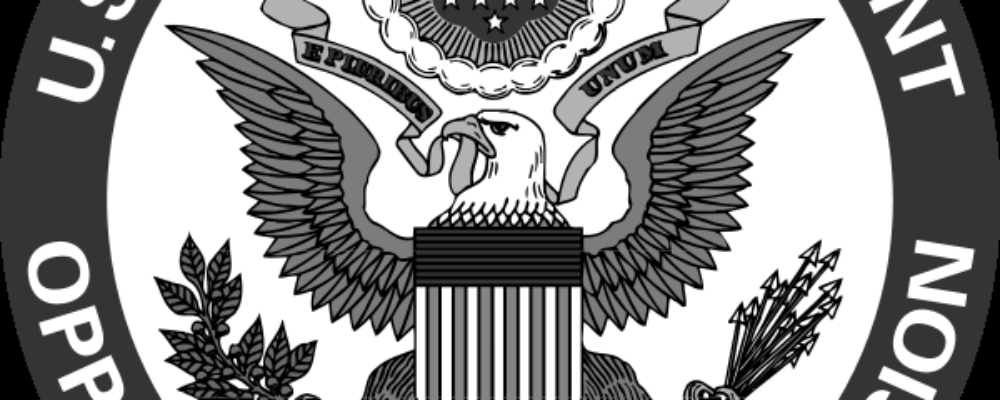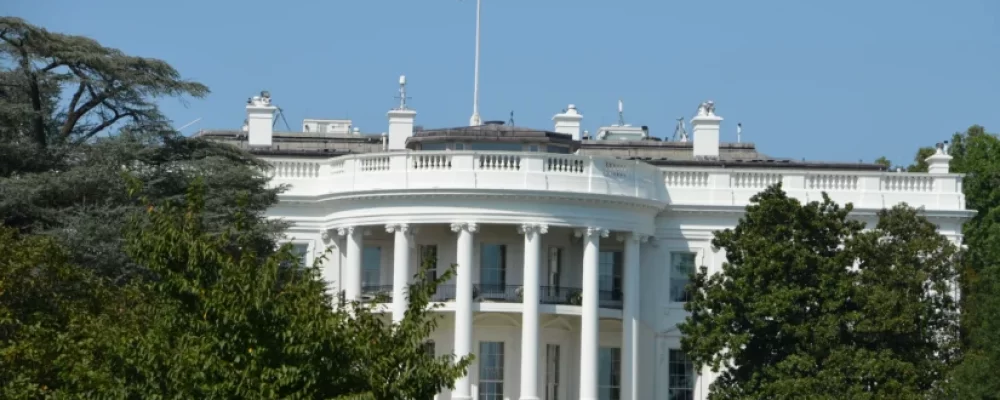On March 7, 2025, lawyers for the Federal Trade Commission (FTC) filed motions requesting a 120-day stay of the agency’s appeal of district court decisions in the Fifth Circuit and Eleventh Circuit, which had blocked the FTC’s proposed ban on non-competes (the “Rule”) in the Ryan v. FTC and Properties of the Villages (“POV”) v. FTC cases, respectively. The nearly-identical filings cite the change in presidential administrations and the new FTC’s Chair, Andrew Ferguson, who has publicly stated that the agency should reconsider its defense of the Rule. The FTC plans to provide the Court with a status report on the case’s future steps at the end of the 120-day stay. As anticipated, the plaintiffs in both cases do not oppose the FTC’s motion.
Before ascending to lead the agency, then-Commissioner Ferguson opposed the Rule, arguing that it lacked the authority for broad rulemaking to ban non-compete agreements while also offering pro-business justifications against the ban. Chairman Ferguson’s recent comments, however, follow an apparent change of focus for the soon-to-be Republican majority of the FTC to pursue policies that “protect American workers,” which we previously discussed here. These include the announcement of the formation of a Joint Labor Task Force responsible for investigating and prosecuting deceptive, unfair, and anti-competitive labor market conduct, among other directives, including “non-compete agreements, which employers can use to impose unnecessary, onerous, and often lengthy restrictions on former employees’ ability to take new jobs in the same industry after they leave their employment” and “[n]o-poach, non-solicitation, or no-hire agreements, where employers agree to refrain from hiring each other’s employees.”
Chairman Ferguson’s recent remarks suggest that the current administration will prioritize individual prosecutions, rather than broad rulemaking, to police abusive and overreaching use of non-compete agreements. Where non-compete agreements falls on the new administration’s priority list, however, remains to be seen.
“With approximately 900 lawyers across 17 offices, Seyfarth Shaw LLP provides advisory, litigation, and transactional legal services to clients worldwide.”
Please visit the firm link to site






